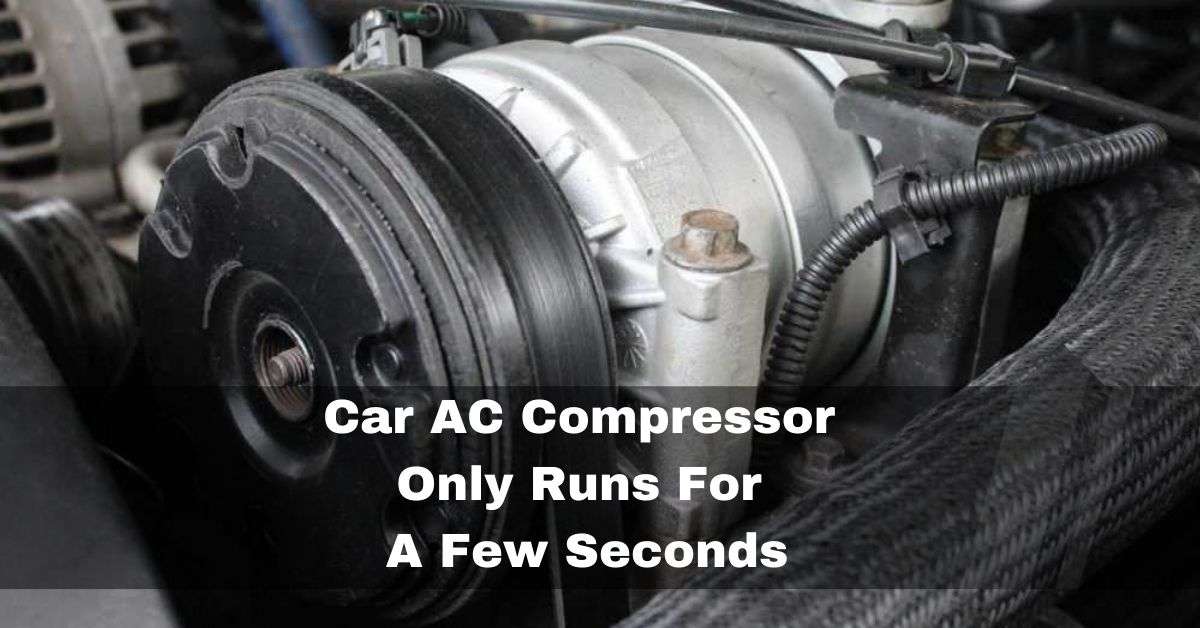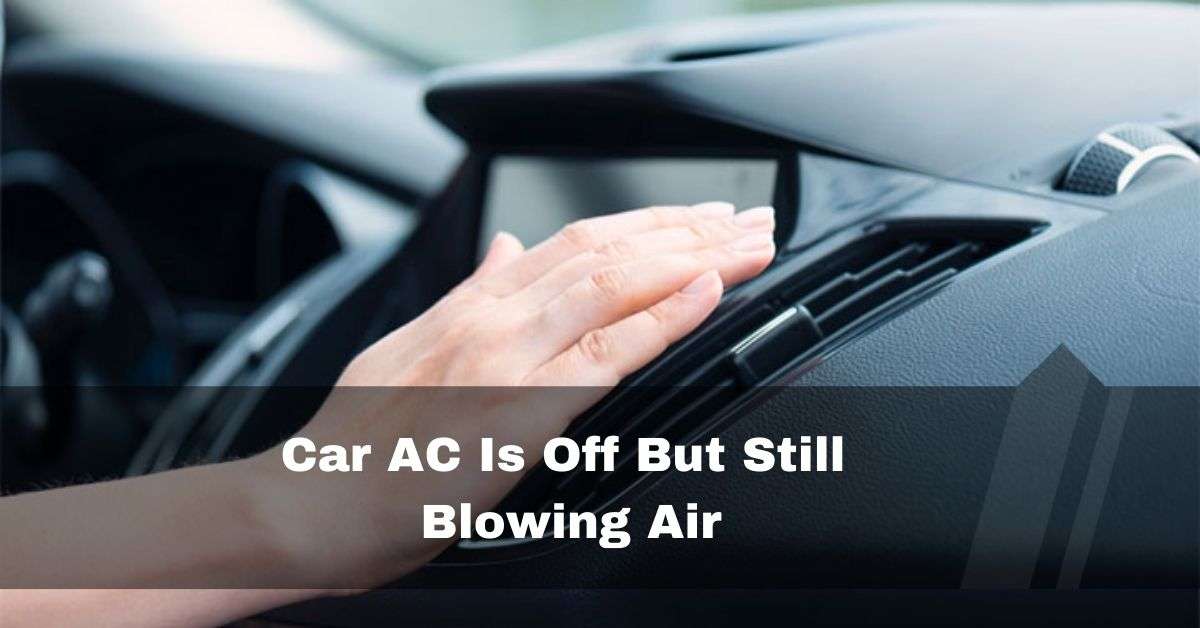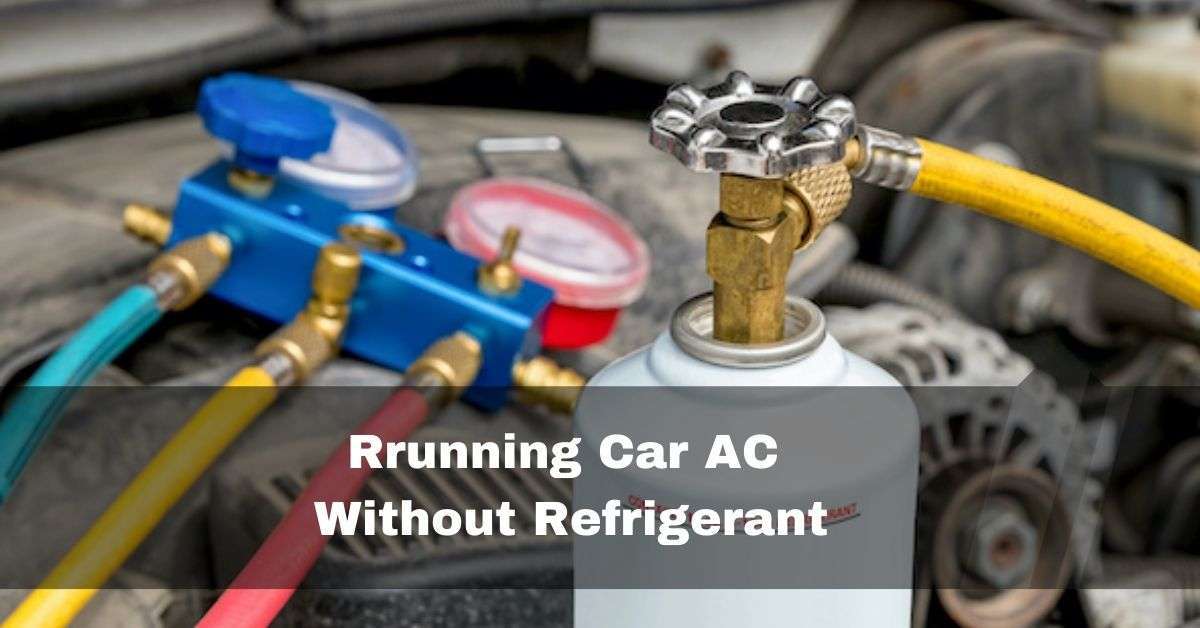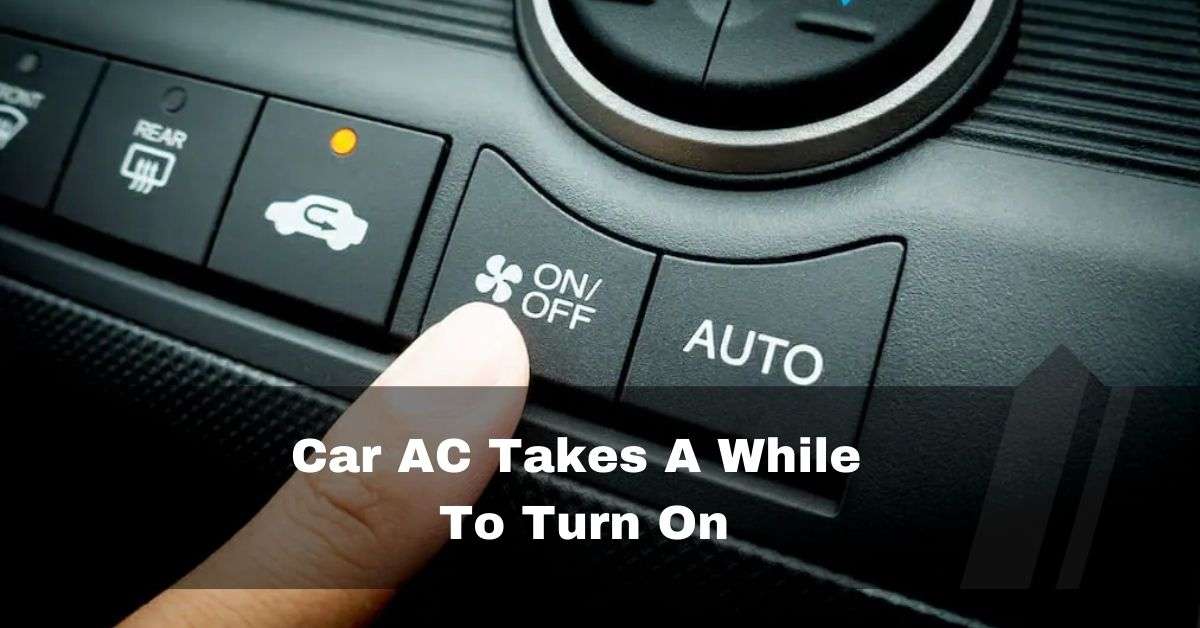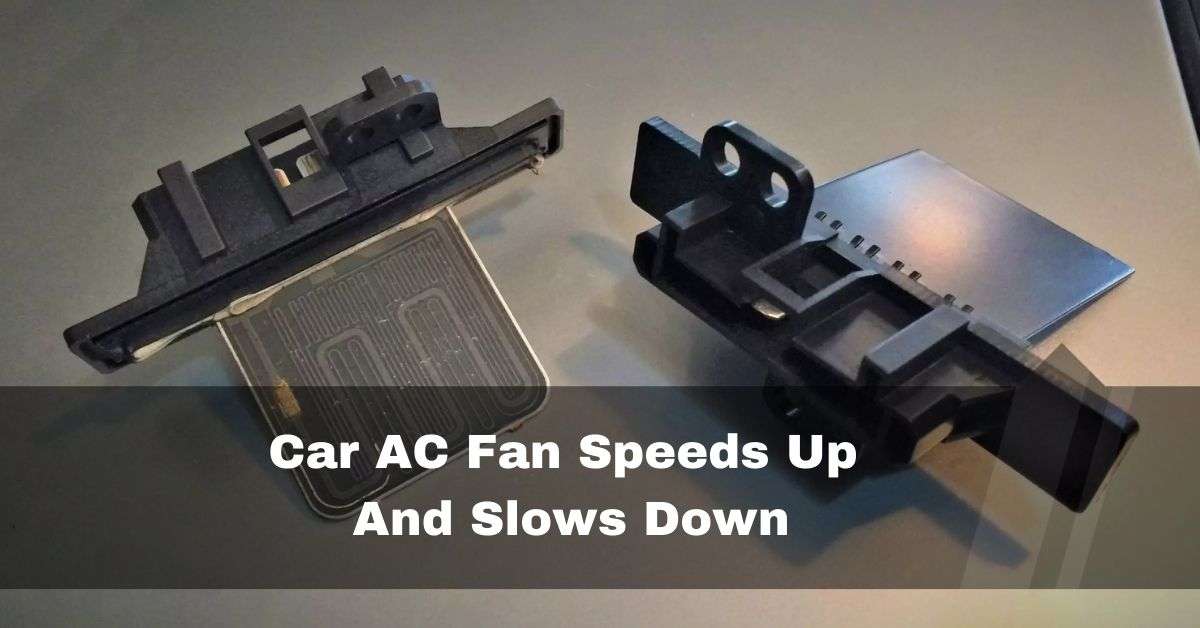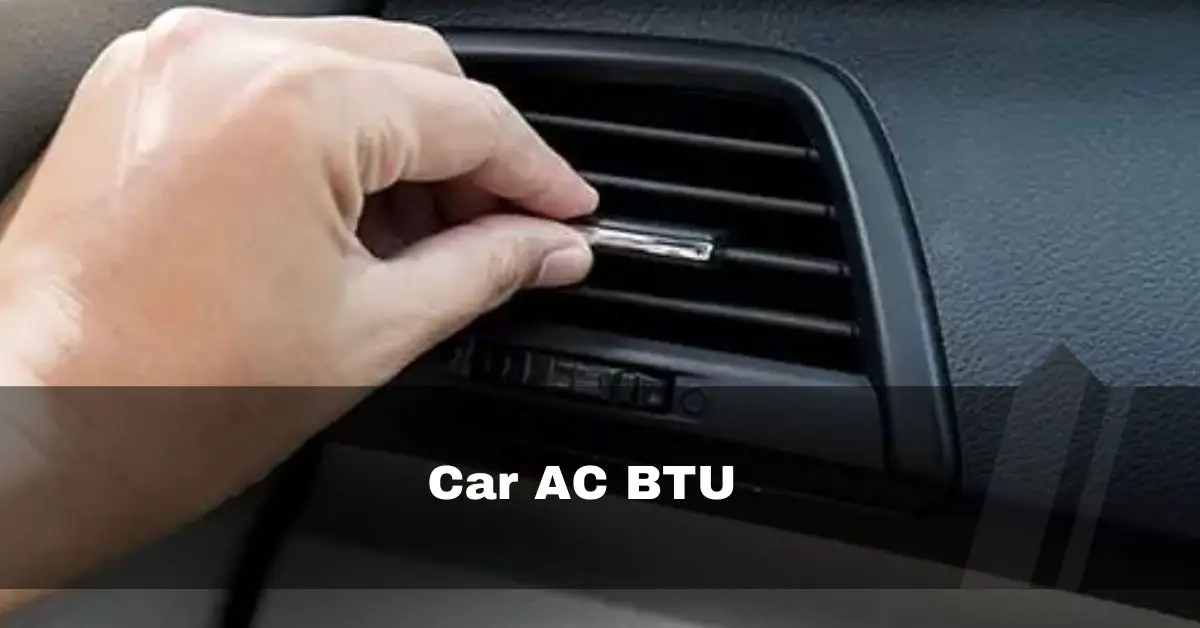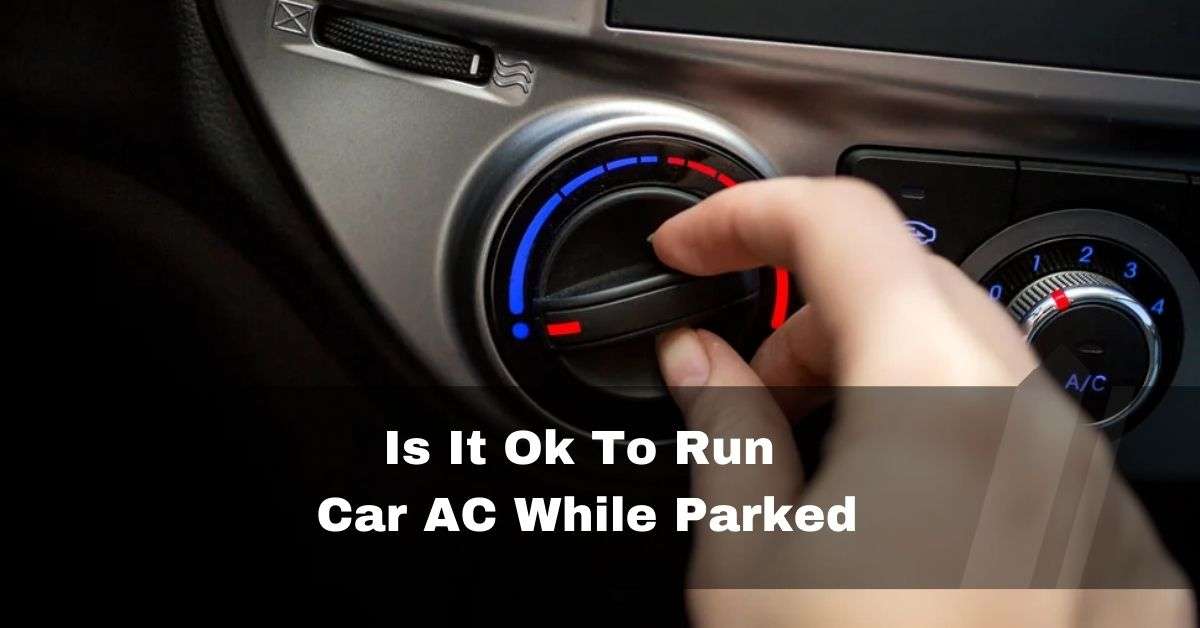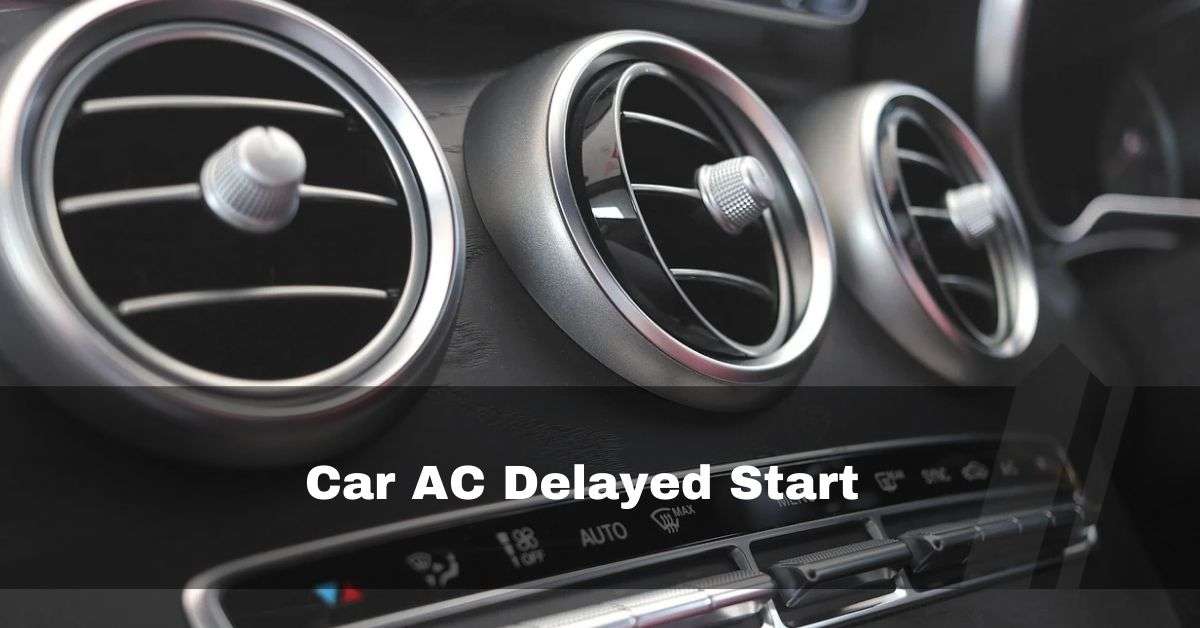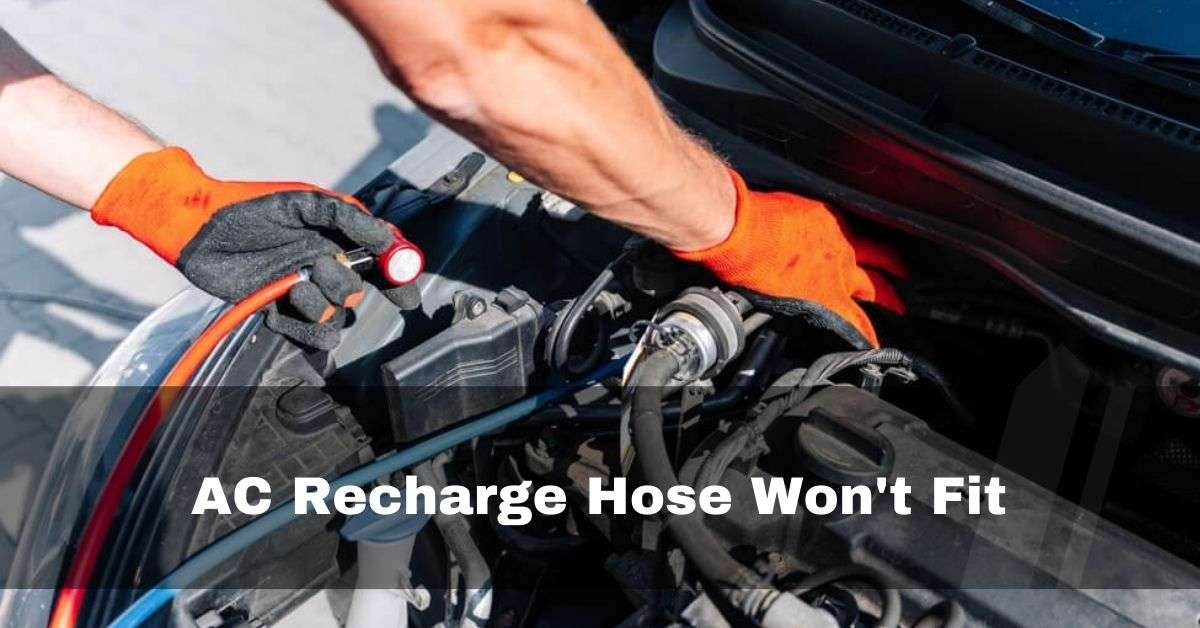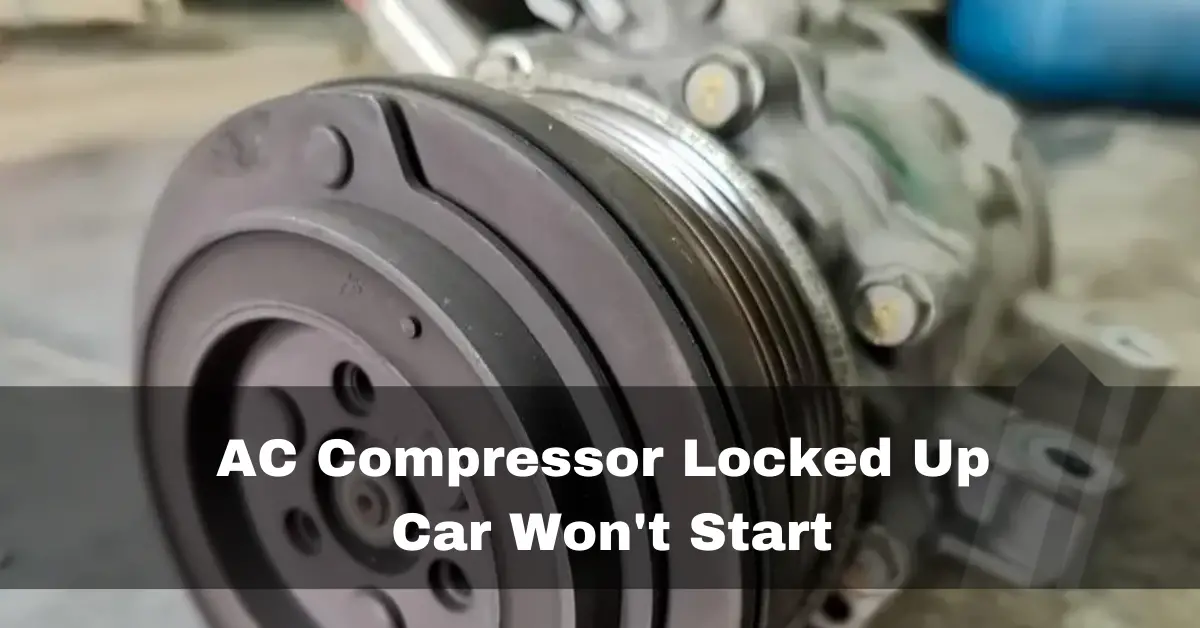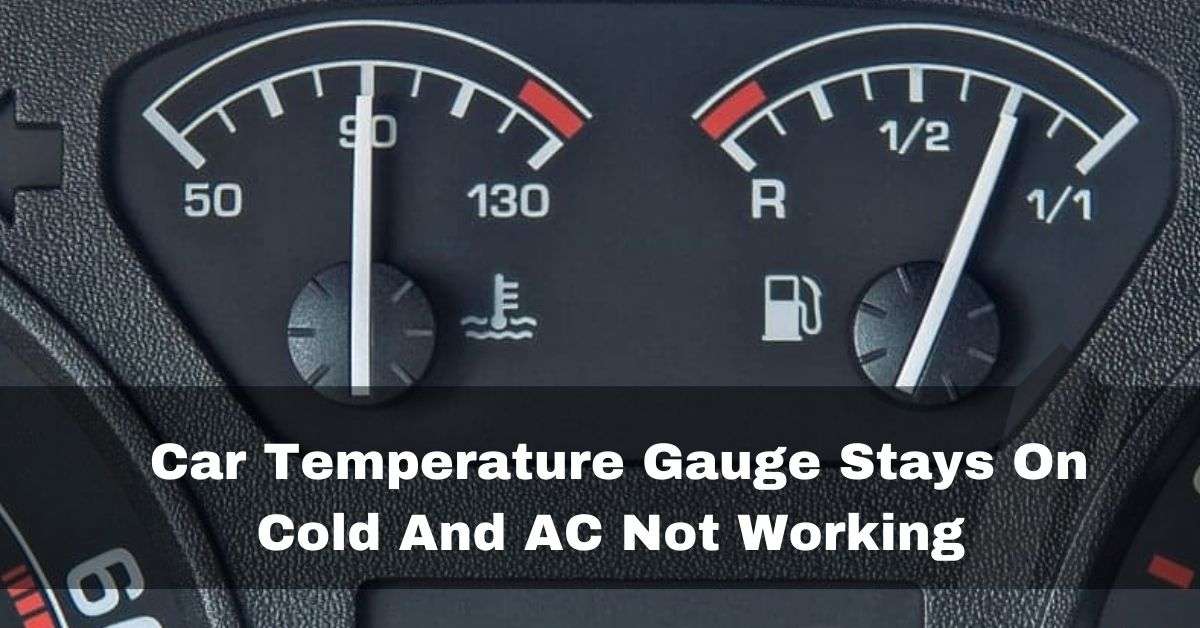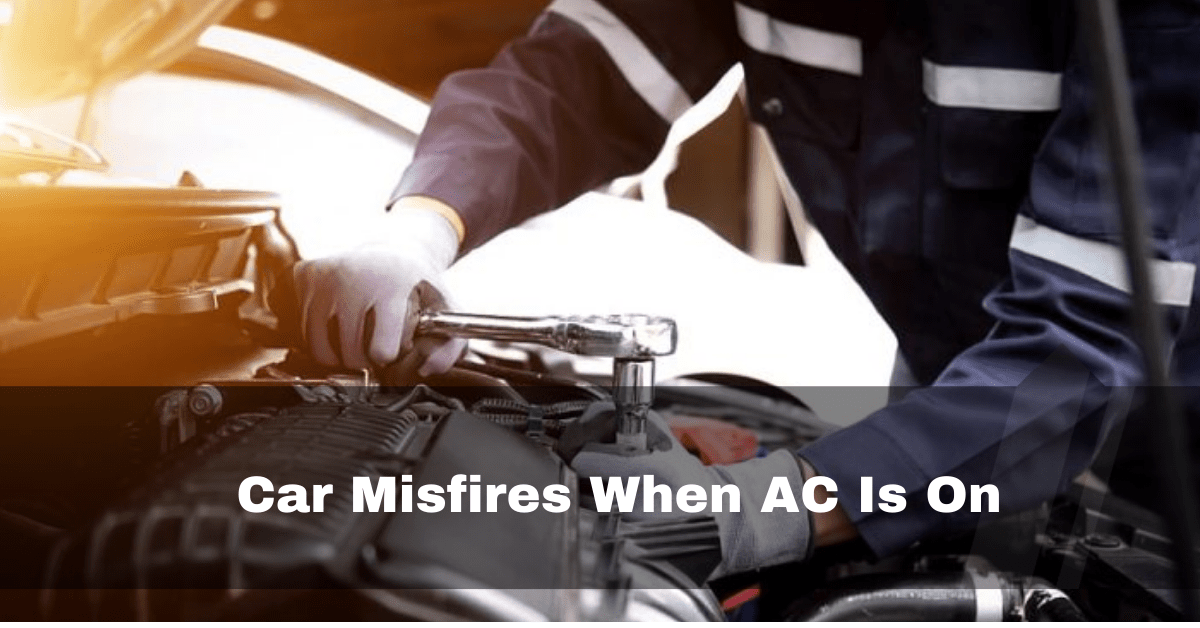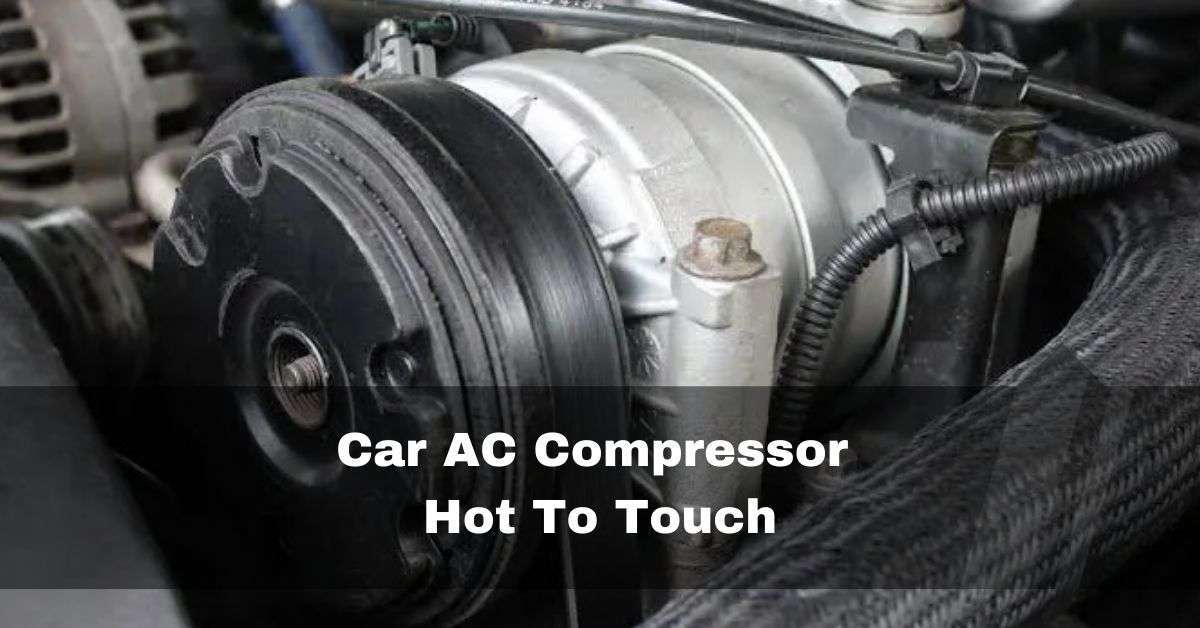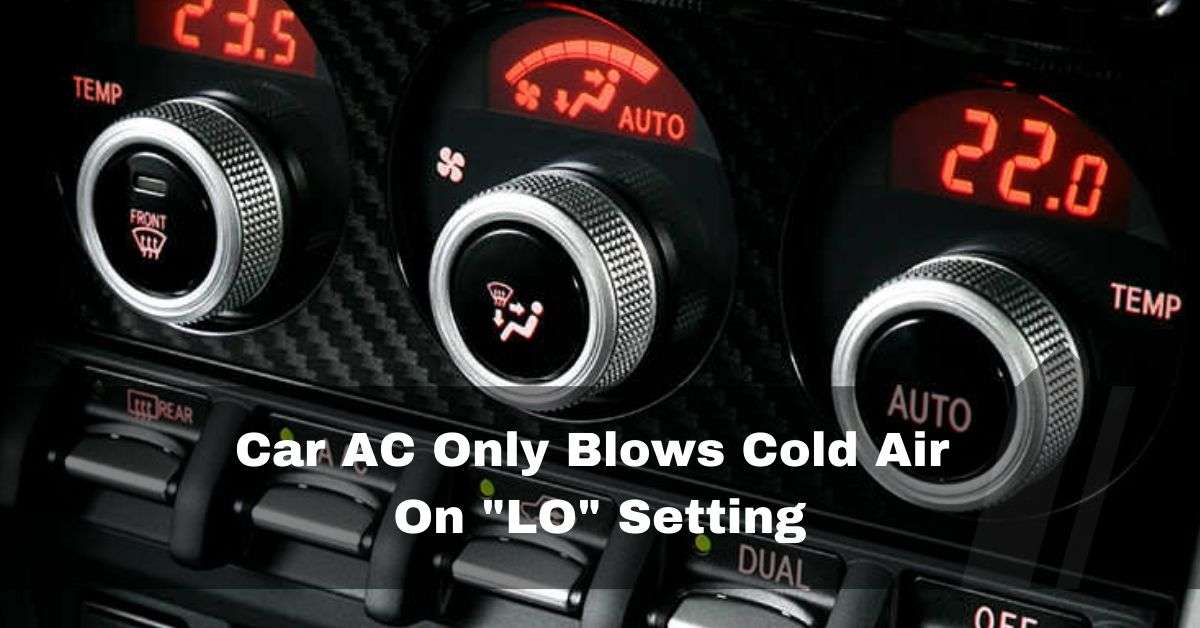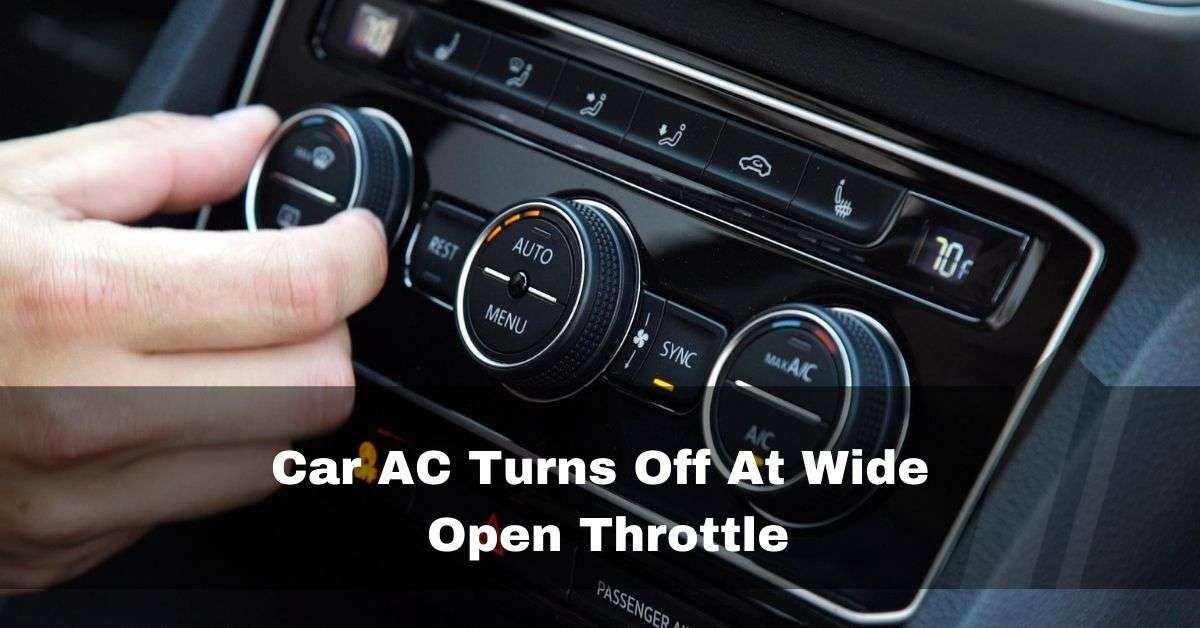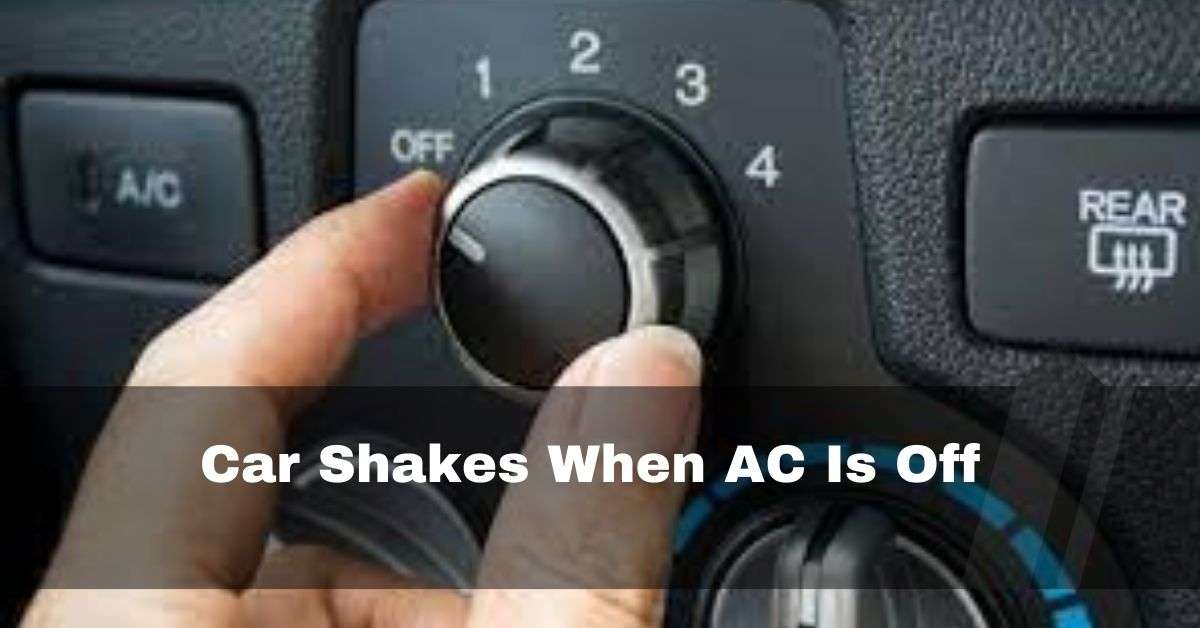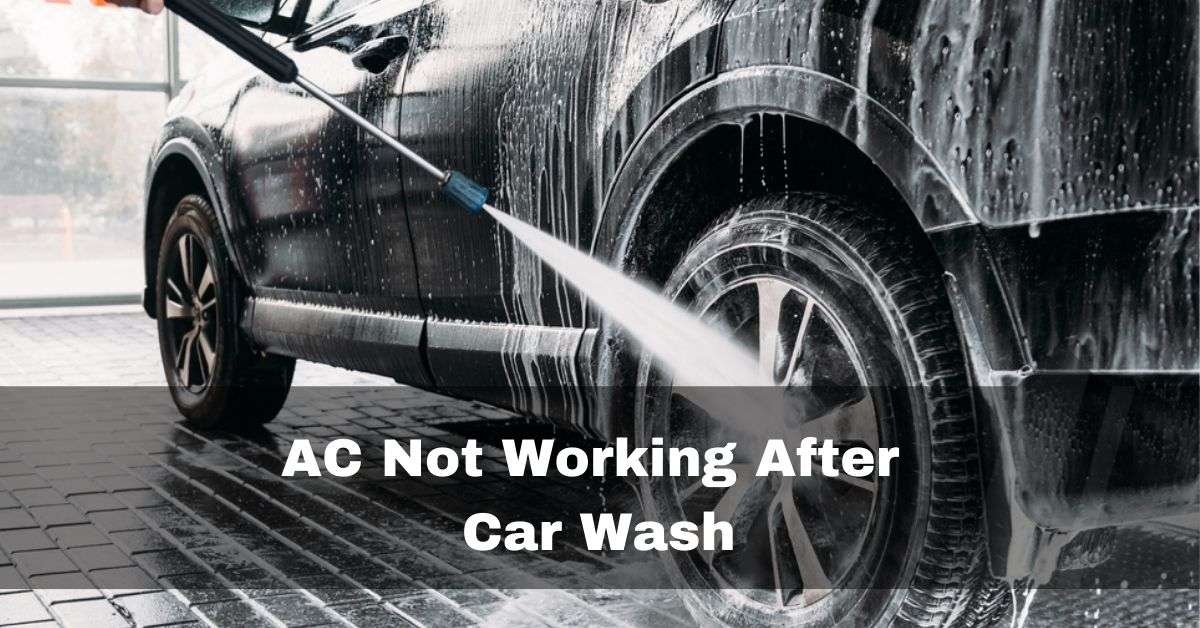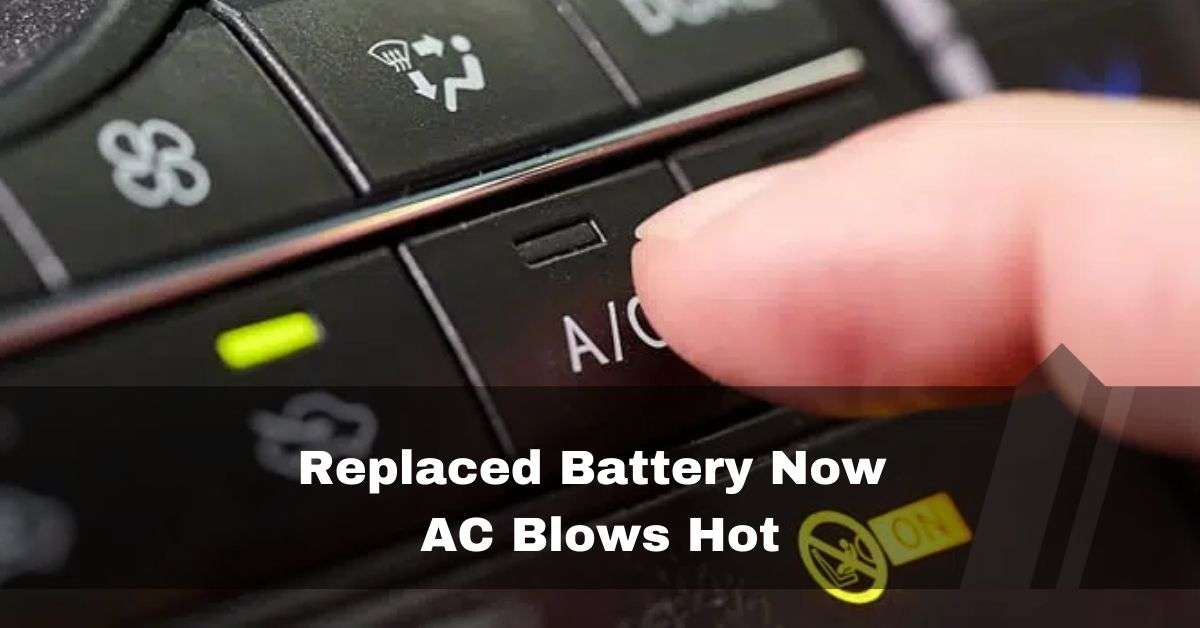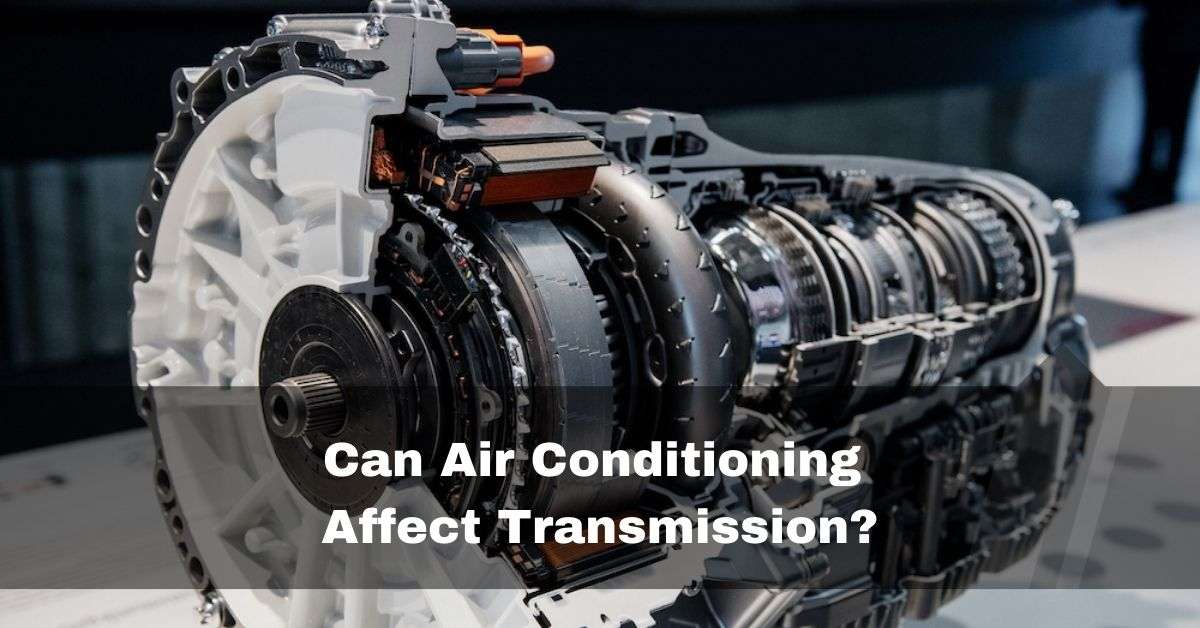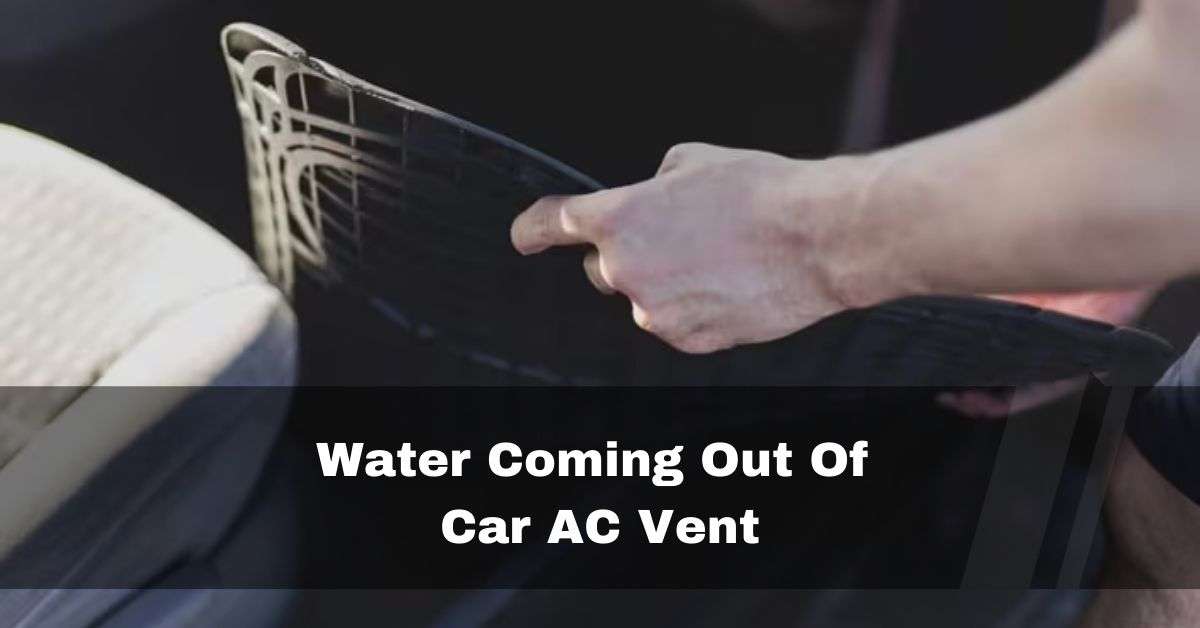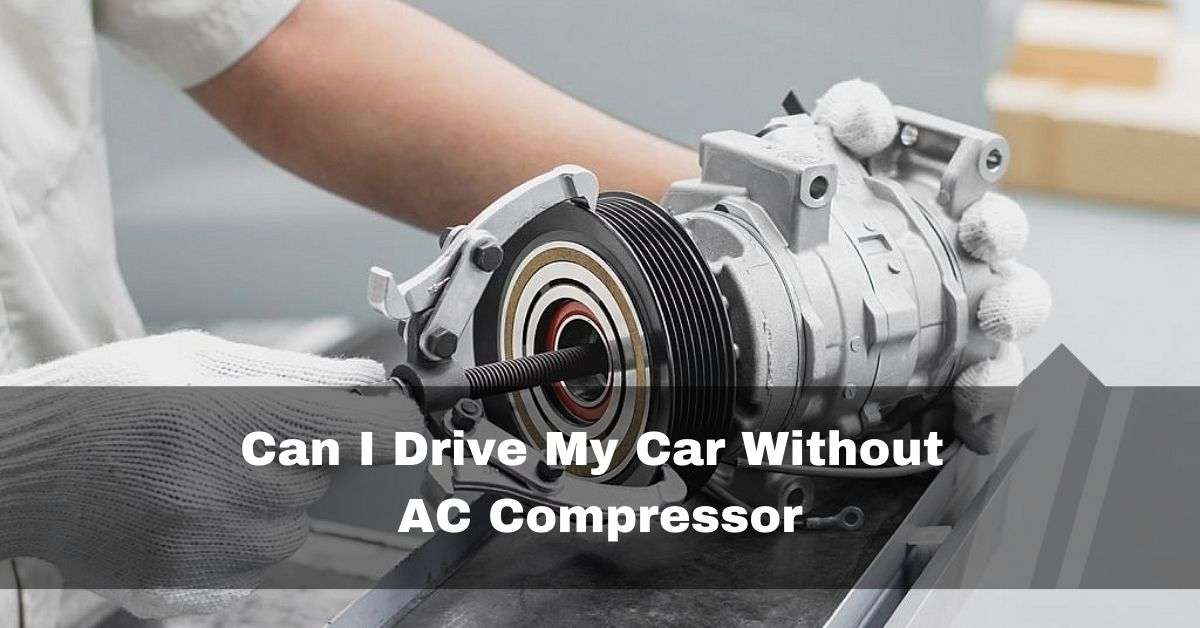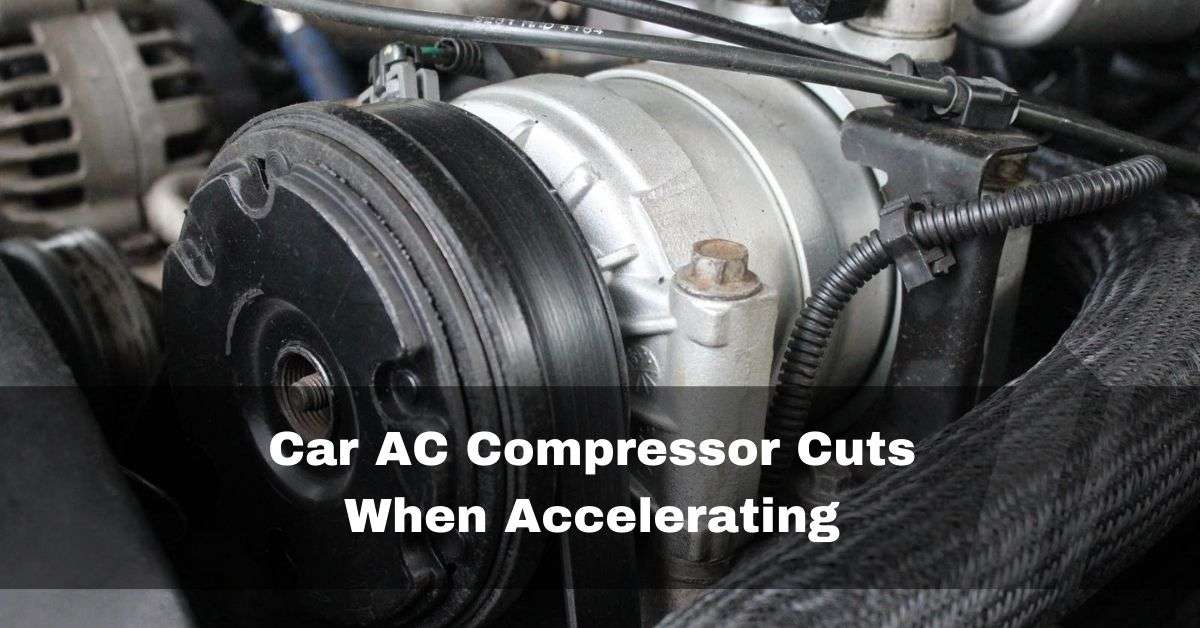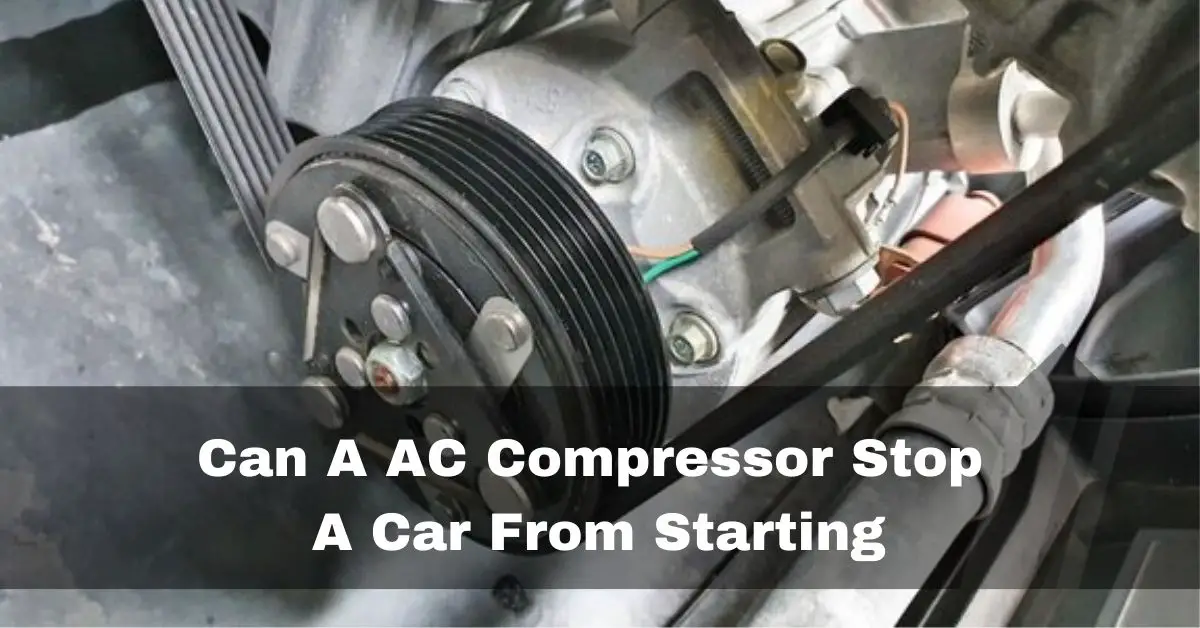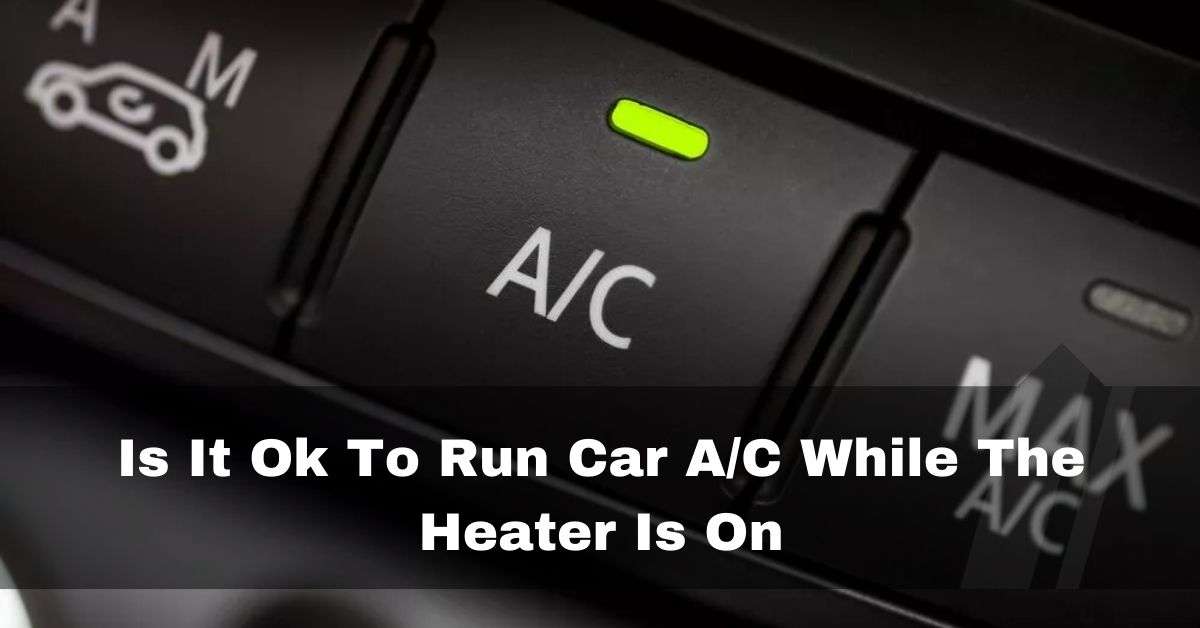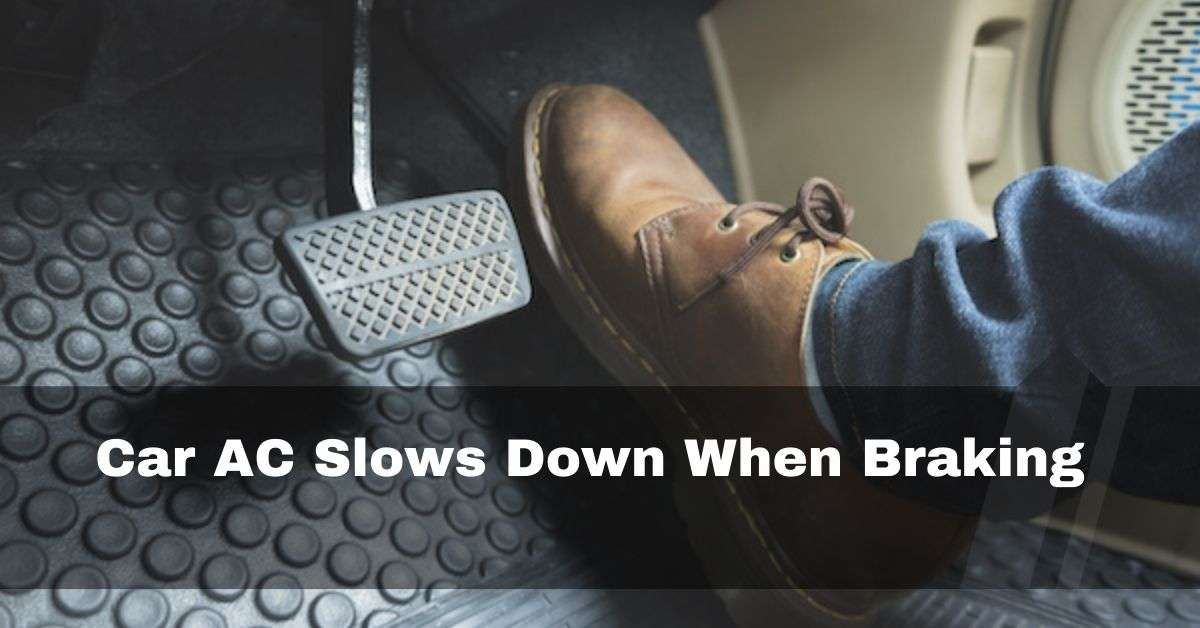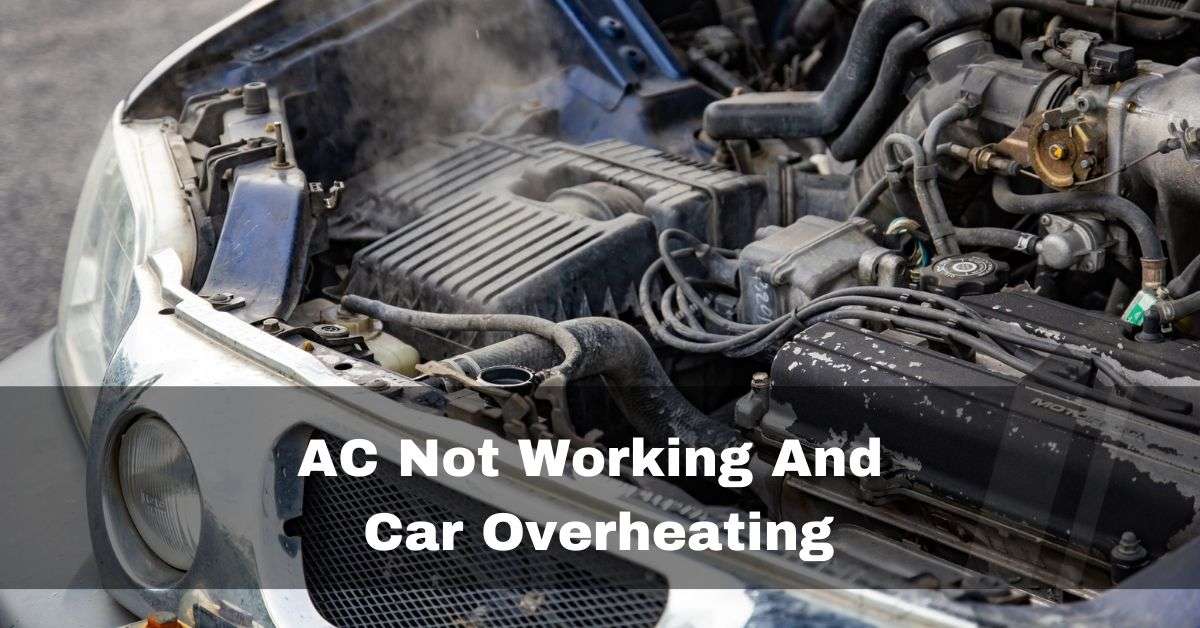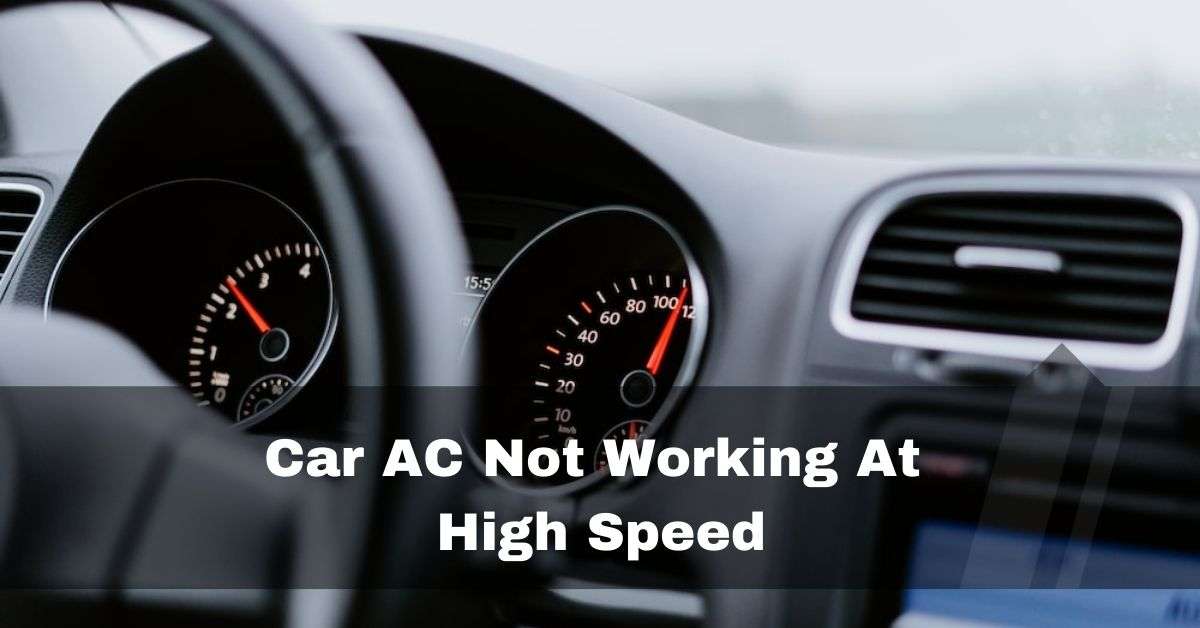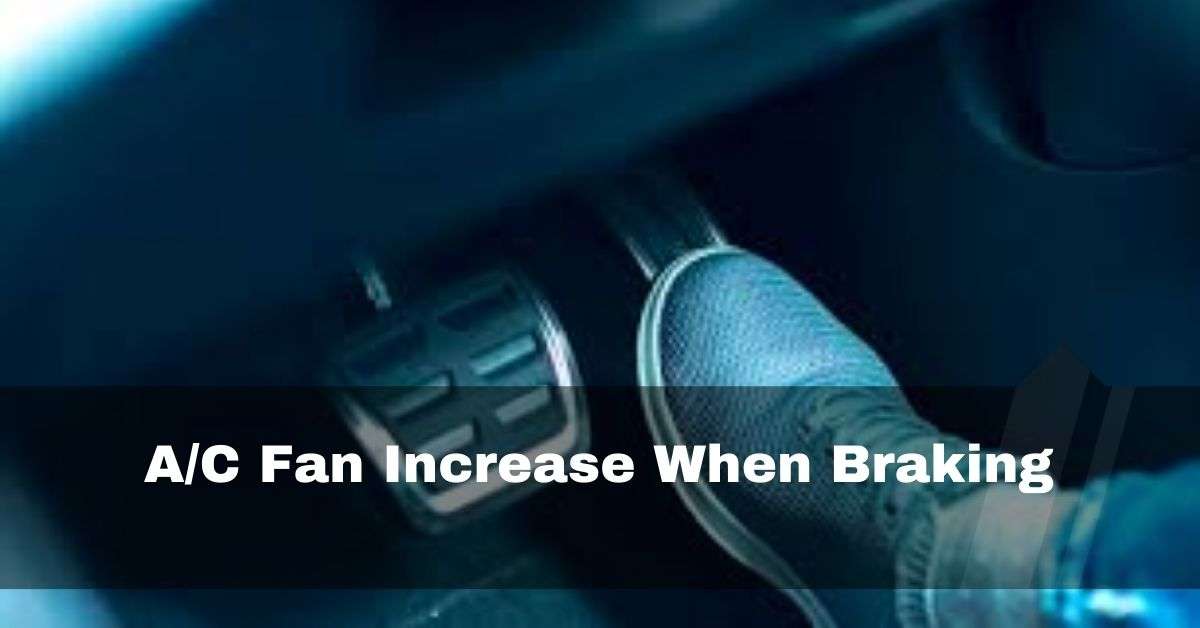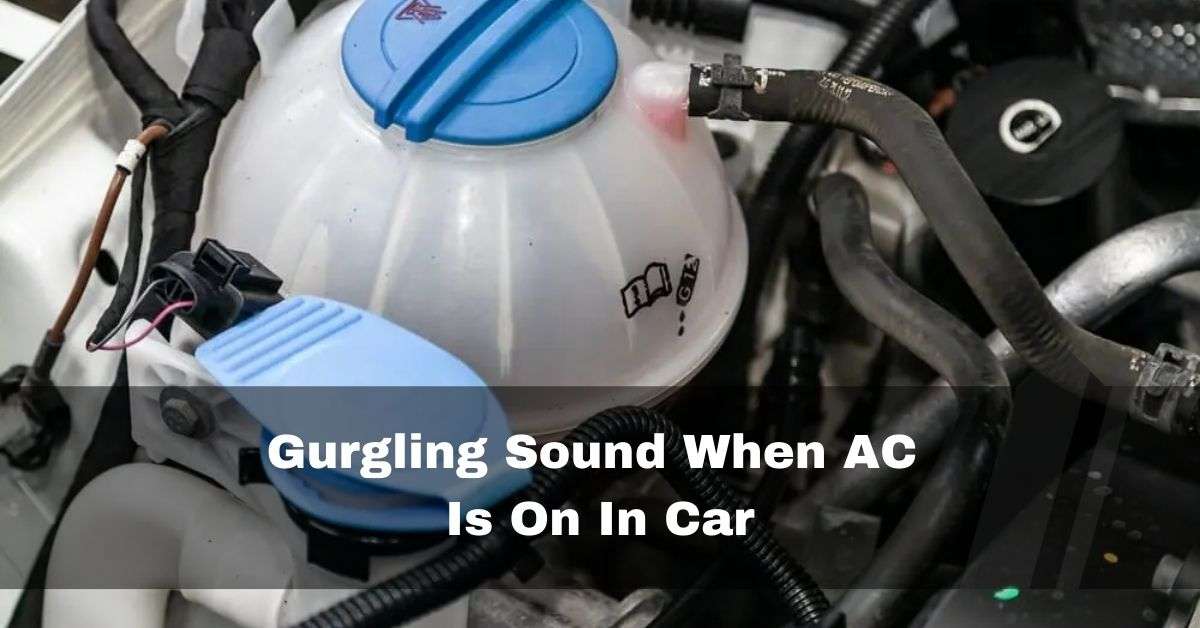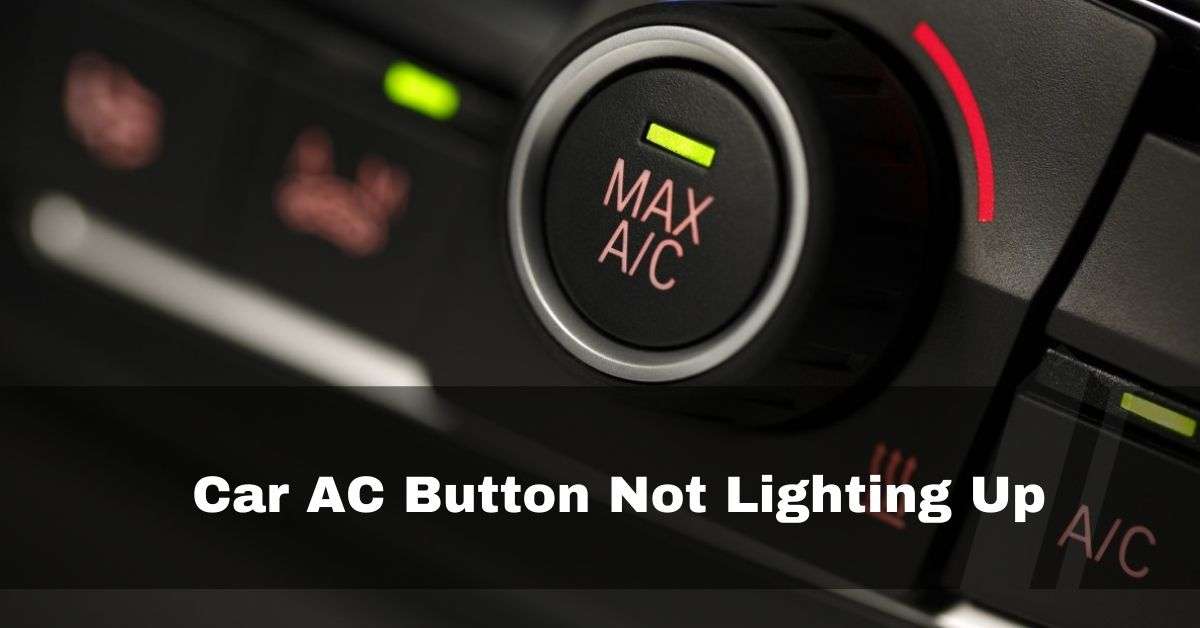The car’s air conditioning system is essential for delivering comfort on hot summer days. When an irritating whining noise from the AC compressor appears during acceleration, this can cause concern.
What does a bad ac compressor sound like? AC compressor whines when accelerating is due to low refrigerant levels, a slipping belt, a faulty compressor, and a clogged expansion valve.
This article aims to shed light on the possible reasons behind the issue and provide troubleshooting steps to resolve the problem effectively.
Table of Contents
Why Car AC Compressor Whining Noise When Accelerating:
1. Low Refrigerant Level:
Can low Freon cause compressor noise? A low refrigerant level is one of the principal reasons for whining sounds from the AC compressor when accelerating. A lack of refrigerant strains the compressor, resulting in strange noises. System leaks might also contribute to lower refrigerant levels.

2. Compressor Issues:
The internal components of the AC compressor might wear down or become damaged over time, leading it to make a whining noise when ac is on in car. Worn-out bearings, broken pistons, or malfunctioning clutch assemblies are all common problems.
3. Belt Problems:
Why is my car ac compressor making noise? A belt connects the AC compressor to the engine. When the automobile accelerates, if this belt gets loose, worn, or torn, it might slip and make a high-pitched car ac compressor making whining noise.

4. Clogged Expansion Valve Or Orifice Tube:
Why is my car air conditioner making a whining noise? The expansion valve, an orifice tube, controls refrigerant flow via the AC system. If it becomes clogged or blocked, the compressor must work harder, making air conditioner whining noise car.
How To Fix Car AC Compressor Whining Noise When Accelerating?
1. Check Refrigerant Levels:
Locate the low-pressure service port in the car’s manual and check the refrigerant levels using a pressure gauge. If it is dangerously low, a refrigerant recharge may be required. However, before adding extra refrigerant, any potential leaks must be addressed.

2. Inspect For Leaks:
Why does my car screech when I turn on the ac? Inspect the AC system thoroughly for any visible symptoms of refrigerant leaks. Examine the fittings and components for greasy residue. If a leak is discovered, have it repaired by a qualified mechanic.
3. Check AC Compressor Belt:
Examine the AC compressor belt for wear, strain, and damage. Consider changing the belt if it appears to be loose or worn out. Also, make sure the belt is tensioned correctly to prevent slippage.

4. Professional Inspection:
If the whining issue persists despite the methods outlined above, it is advised to seek the advice of an experienced mechanic. They may thoroughly inspect the AC system, identify the specific problem, and make the necessary repairs or replacements.
How To Prevent Whining Noise In Car AC Compressor?
Regular air conditioning system maintenance can assist in preventing potential problems with the AC compressor noise when accelerating. Among the essential preventive methods are:
- Regular Inspection: Incorporate the AC system into routine vehicle inspections to identify and treat growing problems early on.
- Check For Refrigerant Leaks: Check for refrigerant leaks regularly to ensure the system is properly charged.
- Condenser And Evaporator Cleaning: Keep dirt and debris away from the AC condenser and evaporator since these might reduce system efficiency.
A Loud, Squealing, Or Screeching AC Sound:
The most typical sound drivers hear when they turn on a broken AC is loud squealing or screeching. This Noise frequently denotes a drive belt or serpentine belt problem.
The serpentine belt is in charge of rotating the pulley at your air conditioner compressor, which, among other things, pressurizes the refrigerant lines and enables cool air to enter your cabin.

Before you take your car in for servicing, you should check your serpentine belt for wear indicators like cracks, tears, or missing ribs facing the pulley, even though squealing or screeching is a reliable warning that the belt needs to be replaced.
However, you’ll need a mechanic to identify the problem precisely because worn compressor pulley bearings can also screech, growl, and grind.
The following car air conditioner noise is also fairly typical. However, it’s sometimes a terrible thing.
AC Hissing When The Car Shuts Off:
Another typical sound drivers hear from the air conditioner in their cars is hissing. The good news is that trouble can only sometimes result from this. When you turn off your automobile, the AC may hiss, but that’s just your car trying to equalize the pressure.
When the air conditioner is turned on, your system has both a high-pressure and a low-pressure side. Freon runs between these two distinct sides, separated by an expansion valve or an orifice tube.

When you turn off your car, the Freon will travel from the high-pressure side of the AC compressor to the low-pressure side to equalize. While the Noise of the AC pump in your car’s air conditioner is entirely normal, hissing at any other point, such as a buzzing noise, may cause a maintenance visit.
AC Buzzing Noise:
You may have too much Freon in your system if you hear a buzzing sound when you initially turn on your car’s air conditioner or a compressor noise when you accelerate.

An overcharged air conditioner frequently topped up during a routine maintenance visit, indicates that refrigerant may be entering your AC compressor intake port, which is terrible.
Your vehicle’s AC won’t be able to cool down effectively, which could seriously harm your compressor or other parts. Check out your car as soon as possible.
AC Knocking Or Clicking:
One of the simpler sounds to fix is hearing a knocking or clicking sound from your automobile’s air conditioner.
Typically, clicking or knocking indicates that one or more of the numerous air conditioning components is not tight enough or that mounting nuts are loose. When you turn on the AC, the loose pieces will make a racket and tremble.

Open the hood, start the engine, and crank the AC to diagnose this problem. Determine whatever components are shaking, then tighten those to stop it. Additionally, you should apply thread-locking compounds to the elements to prevent them from coming free in the future. The most alarming Noise to listen out for could be this last one.
AC Rattling:
Running the AC puts more strain on your engine. It means that various problems, from a damaged catalytic converter to a worn-out power steering pump pulley, might cause rattling.
Compressor for an air conditioner. Indicators that your car’s air conditioner needs to be changed include rattling and loud buzzing noises that get louder as you accelerate.
Clutch for a compressor. This high-wear component frequently has to be replaced, especially if you live where you always have to operate the air conditioning.
The compressor clutch in your air conditioner pressurizes the system and moves the refrigerant. If it starts to rattle, it may be necessary to repair your worn-out compressor clutch (and maybe the entire AC compressor).
The idler pulley. Failure of the bearings can also cause an air conditioner pulley to make a Noise. They usually begin when your air conditioner’s compressor turns on.
Take your car to a reputable mechanic as soon as you suspect one of these problems is to blame for the strange noises coming from your car’s air conditioner so they can correctly identify the problem and fix it before more harm is done to your car.
FAQs:
1. What Does A Failed Compressor Sound Like?
A loud or banging compressor can also need to be replaced. When you hear rattling, ticking, or rumbling, it’s likely that a piece of hardware is coming loose or that your exterior unit is clogged with leaves.
2. What Does An Overcharged Ac Compressor Sound Like?
You may have an overcharged air conditioner if you hear squealing from it. Loud squealing is frequently caused by excess pressure in the AC lines, which may indicate that not all of the refrigerant has been converted to gas.
3. Can A Bad Ac Compressor Cause Acceleration Problems?
An inefficient AC compressor may significantly sap the engine’s power, hindering acceleration. A clogged condenser can increase refrigerant pressure and heat dissipation, forcing the compressor to use more engine power.
Conclusion:
A whining noise from the car’s AC compressor can indicate several problems when accelerating. Regular maintenance and fast troubleshooting can help keep the air conditioning system running well, delivering a comfortable and enjoyable driving experience even on the hottest days of the year. Always seek a professional mechanic if you need clarification on handling AC system repairs to ensure a safe and proper resolution of the problem.


